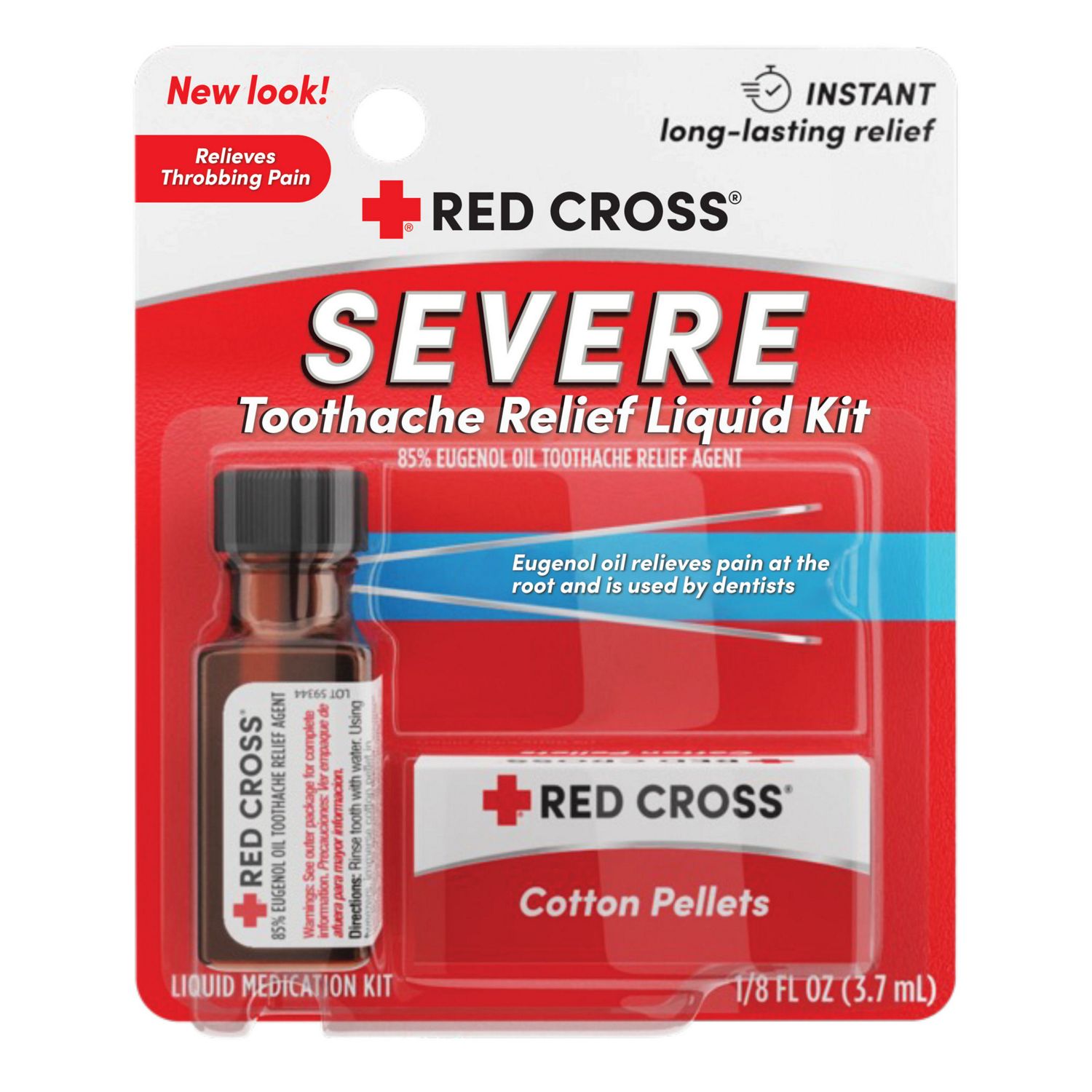Milk On Teeth
The presence of milk on teeth is a topic of significant interest, particularly among parents and dental health professionals. Milk, a staple in the diet of many infants and young children, contains a high concentration of sugars and proteins that can potentially affect dental health. The effects of milk on teeth can be multifaceted, ranging from enamel erosion to the promotion of healthy tooth development. Understanding the relationship between milk consumption and dental health is crucial for maintaining good oral hygiene practices from an early age.
Milk Composition and Its Effects on Teeth
Milk is primarily composed of water, carbohydrates (in the form of lactose), proteins (casein and whey), and fats. It also contains various minerals such as calcium, phosphorus, and potassium, which are essential for the development and maintenance of healthy teeth and bones. The calcium in milk helps in the formation of tooth enamel, the hardest substance in the human body, which protects the teeth from decay. Phosphorus plays a critical role in the formation of teeth and bones, while also helping to maintain the health of gums.
However, the carbohydrate content in milk, specifically lactose, can be a concern when it comes to dental health. Lactose is a sugar that, like any other sugar, can contribute to tooth decay if good oral hygiene practices are not followed. Bacteria in the mouth feed on lactose and other sugars, producing acid as a byproduct. This acid can erode tooth enamel, leading to cavities and other dental issues.
Dental Health Implications
The impact of milk on dental health can vary depending on several factors, including the age of the child, the frequency and volume of milk consumption, and oral hygiene practices. In infants, milk is a primary source of nutrition, and breast milk or formula is essential for growth and development. As children grow, their diet expands to include a variety of foods, and the reliance on milk decreases.
Tooth Decay
One of the primary concerns with milk consumption, especially in infants and toddlers, is the risk of tooth decay. Prolonged exposure to milk, particularly during sleep, can increase this risk. When babies fall asleep with a bottle or while breastfeeding, the flow of saliva decreases, allowing the milk to pool around the teeth for extended periods. This can lead to the formation of cavities, especially in the upper front teeth.
Enamel Erosion
While milk is less acidic than many other beverages, frequent consumption can still lead to enamel erosion over time. The acidity in milk, although mild, can wear away the enamel, making the teeth more susceptible to sensitivity and decay.
Promotion of Healthy Teeth
On the other hand, milk contains nutrients that are beneficial for tooth development. The calcium and phosphorus in milk are crucial for the formation of healthy enamel and dentin, the layer of tissue beneath the enamel. These minerals can also help remineralize teeth that have been affected by early stages of decay, potentially reversing the damage.
Preventive Measures
To minimize the potential negative effects of milk on teeth while still benefiting from its nutritional value, several preventive measures can be taken:
Good Oral Hygiene Practices: Regular brushing and flossing can help remove bacteria and food particles from the teeth, reducing the risk of decay. For infants and young children, a soft cloth or a child-sized toothbrush can be used to gently clean the teeth and gums.
Limited Exposure: Avoid letting children sleep with a bottle of milk or formula. If a comfort object is needed for sleep, consider a pacifier or a bottle of water.
Dietary Balance: Encourage a balanced diet that includes a variety of foods. This can help reduce the reliance on milk for nutrition and minimize the risk of tooth decay.
Regular Dental Check-ups: Schedule regular dental check-ups for children as soon as their first tooth appears or by their first birthday. Early visits can help identify and address any dental issues promptly.
Conclusion
The relationship between milk and dental health is complex, with both positive and negative implications. While milk provides essential nutrients for tooth development, its sugar content can contribute to tooth decay if not managed properly. By understanding these dynamics and implementing good oral hygiene practices, parents and caregivers can help children develop healthy teeth and a lifelong habit of proper dental care.
FAQ Section
Can milk cause tooth decay in infants?
+Yes, milk can contribute to tooth decay in infants, especially if good oral hygiene practices are not followed. The lactose in milk can lead to the production of acid by bacteria in the mouth, potentially causing cavities.
How can I protect my child’s teeth from the negative effects of milk?
+Practicing good oral hygiene, such as regularly cleaning your child’s teeth and reducing the frequency of milk consumption, especially before sleep, can help protect their teeth. Additionally, scheduling regular dental check-ups can help identify any issues early on.
Is breast milk better for teeth than formula?
+Both breast milk and formula contain lactose, which can contribute to tooth decay if proper oral hygiene is not maintained. However, breast milk has been shown to have antibacterial properties that may help protect against some oral bacteria. Ultimately, the key to preventing tooth decay is good oral hygiene and a balanced diet.

